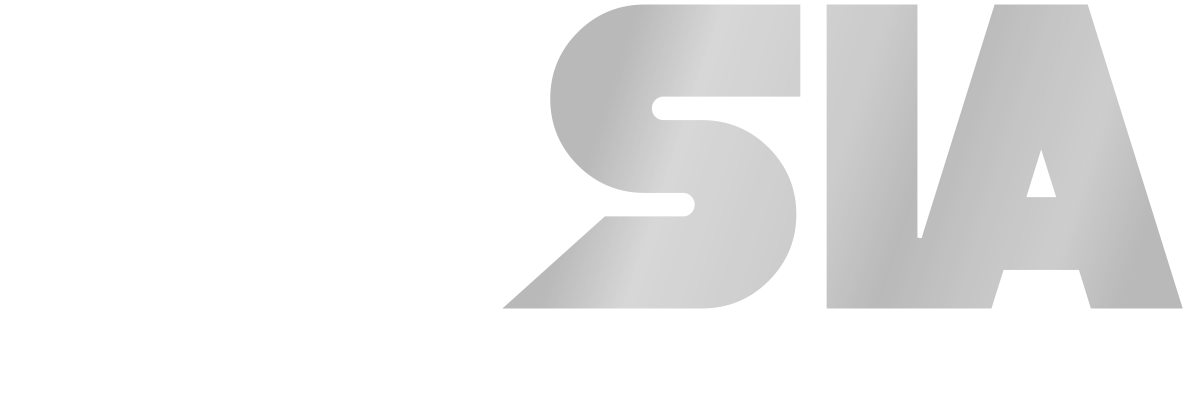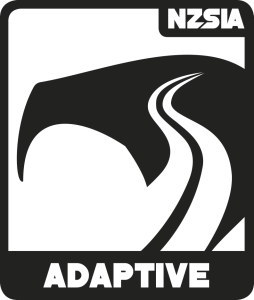When making these decisions we need to refer back to the “adapting principles” to guide us to maximise the students’ safety, fun and achievement.
Cognitive Assessment
Where possible aim to get the information you need from the student but use support people and whanau as well especially where the student is unable to answer your questions. It may also be useful to arrange for a carer to meet you after you have spent some time with the student to gather more information after you know the student better.
The basic information the instructor needs for a successful lesson can be broken down as follows:
Communication
Sample questions: “So we can get the best out of the lesson what is the best way for me to give instructions?” “If something goes wrong while we are on the hill how will I know?”
Behaviour
Find out if there are any challenging behaviours and what approaches to take to manage these. Using the same tactics the student is aware of will bring
consistency and a greater chance of success.
A sample question: “To give him the best experience possible can you let me know if Sam has any behaviours that I need to be aware of?” “What would the best way to manage these on the hill?”

